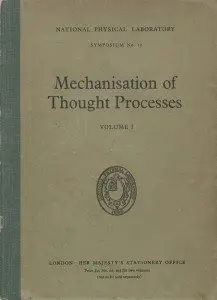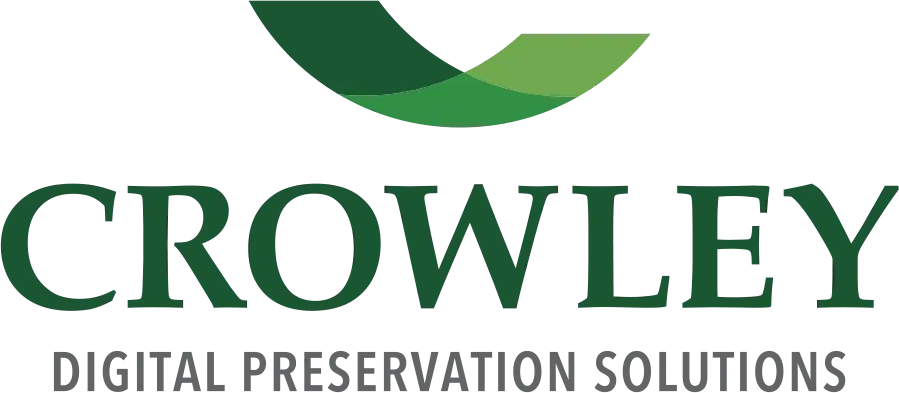Making the “Intelligent” Choice to Digitize for Wider Access

Editor’s note: October is American Archives Month and a reminder of how important the records of our past are to our future. To celebrate, we’ll highlight five conversion projects throughout the month. This week’s blog explains how one association has taken the step to create a virtual archive for scientific material that is no longer easily attained on the market or in libraries.
AAAI Creates Virtual Archive for Students, Researchers, Historians
The Association for the Advancement of Artificial Intelligence (AAAI) recognizes the responsibility of scientific societies to preserve their histories. As part of this focus, AAAI developed the AAAI Virtual Archive Project to provide access to many historically significant publications that were not readily available to students and historians.
AAAI Virtual Archive Project
After compiling a list of approximately 2,000 books and articles that have shaped the directions of the AI field, the project editors located online copies of full text for about half of the works noted. Many of the remaining publications were out of copyright; for others, the editors requested permission to digitize the full text of available copies. AAAI consulted with university archivists, who recommended Crowley Imaging for their experience with old and rare materials – particularly important since several volumes were irreplaceable copies from personal libraries.
Once the volumes were received at Crowley Imaging’s conversion facility in Frederick, Maryland, they were checked against a manifest and prepared for non-destructive, overhead scanning. All digitization was performed by an imaging specialist operating a Zeutschel 12000 with Perfect Book curve correction and Zeutschel’s OmniScan software package, engineered specifically for archival book scanning. “Non-destructive” means that the volumes were scanned without removing the bindings. “Overhead” indicates that the camera, assisted by cool LED lighting, is located above the material and does not require a glass cover to be placed on top of the volumes, thereby protecting the original tomes. Depending on the image and physical quality of the material, a specialist can typically scan up to 400 pages per hour.
For the AAAI collection, files were delivered as TIFF, JPEG and searchable (OCR) multi-page PDF. All images were scanned at 300 dpi; covers and dust jackets were scanned in color; text pages were scanned to bitonal; and any pages with graphics or images were scanned in grayscale. The files were indexed as indicated by AAAI.
The AAAI Archive digitization project also included reports that had been saved to microfiche. These 7,000 images were digitized to 300 dpi grayscale JPEG files using a Mekel Technology MACH 7 microfiche scanner. The Mekel brand scanners, respected worldwide for their high-volume production capabilities, are manufactured by The Crowley Company in our San Dimas, California production facility and also utilized in Crowley’s service bureau.
Finished files were delivered via ftp or DVD, as required, and the originals returned following AAAI’s final approval of the scanned images. Once received by AAAI, each document was downloaded to the server and given a separate web page containing metadata with a link to the searchable OCR text. The collection of historic documents resides in the “Classics” section, along with thousands of recent documents and news stories about artificial intelligence.
Today, the digitized full text of dozens of articles and books has been added to the growing online archive, along with links to online versions of other classics. The “virtual archive” may be viewed on the AI Topics website at: aitopics.org/classics.
Questions about digitizing for preservation or wider access?
If you have any questions about preserving history through digitization, please contact The Crowley Company by calling (240) 215-0224. General inquiries can be emailed to [email protected]. You can also follow The Crowley Company on Facebook, Twitter, Google+, LinkedIn, Pinterest, and YouTube.
